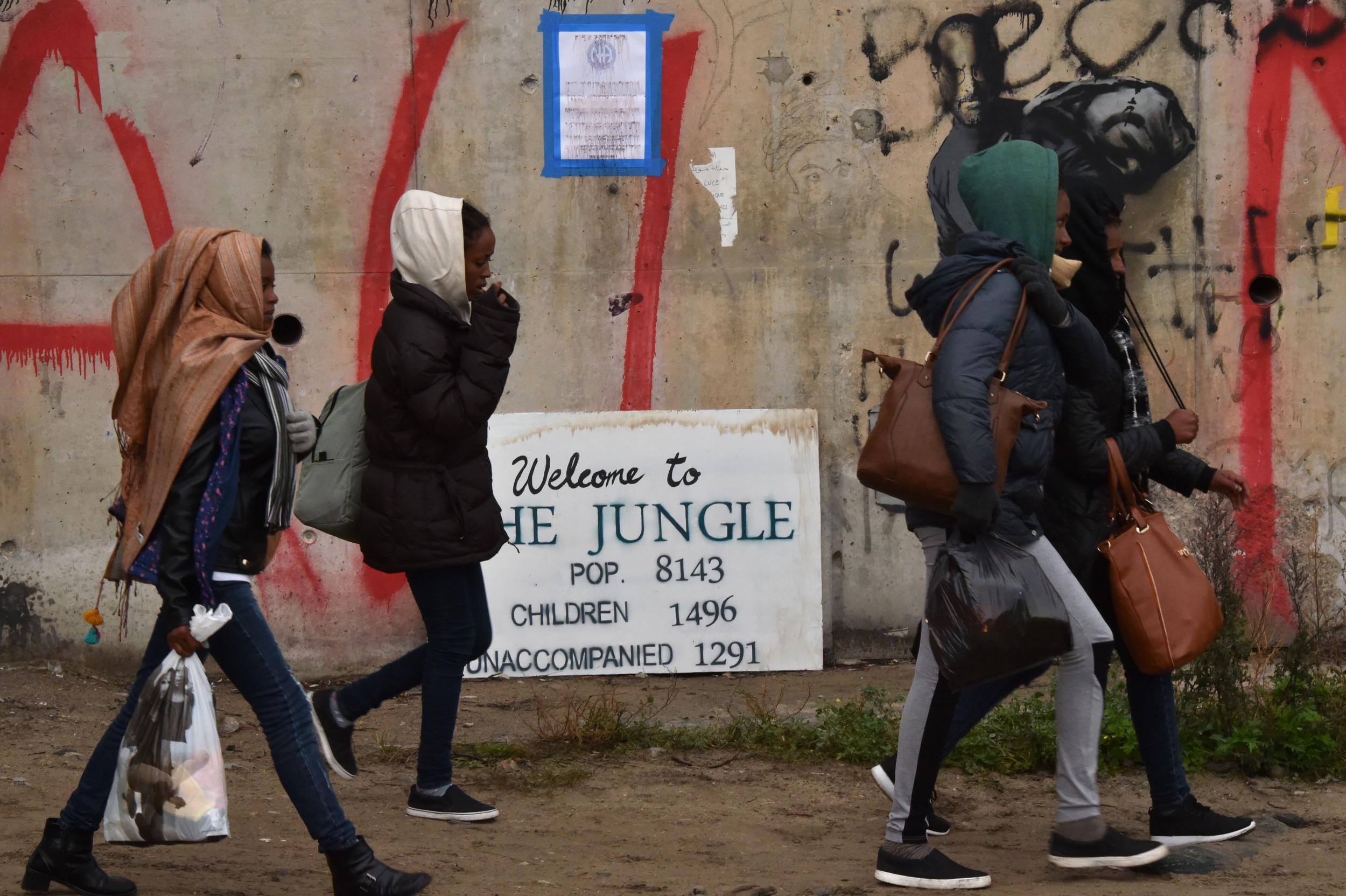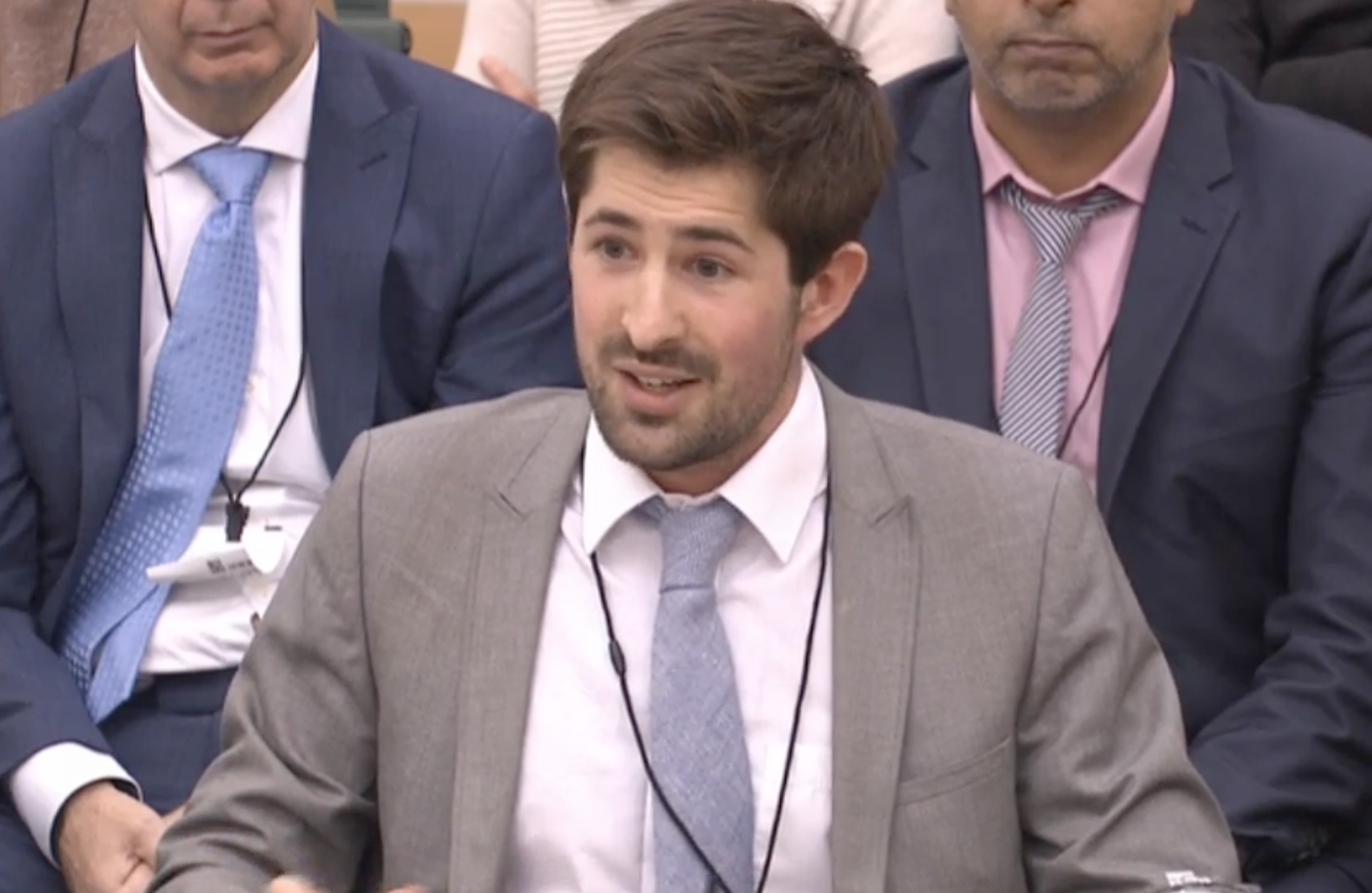Theresa May’s closure of child refugee scheme ‘creates £20m windfall for people traffickers’
Refugees are paying an average of £10,000 for guaranteed transfer to the UK

Theresa May’s decision to close down the Government’s child refugee scheme early could net people-smuggling gangs as much as £20m in fees from desperate unaccompanied children, MPs have been told.
At the start of this month the Government announced that the so-called “Dubs amendment” scheme would take just 350 unaccompanied child refugees instead of the 3,000 expected when David Cameron agreed to it. The U-turn came shortly after bad publicity surrounding the child refugees in a number of Conservative-supporting newspapers.
Charity representatives called to give evidence to MPs over the policy on Wednesday afternoon said the scheme’s cancellation presented a significant profit opportunity for people smugglers taking children from mainland Europe to Britain.
Safe Passage UK, which is run by the charity Citizens UK, calculated that between £8.7m and £20.3m in potential profits would be available to traffickers as a direct result of the scheme’s closure – with children previously entitled to legitimate routes to the UK turning to organised crime.
Europol estimates that human traffickers make about £2bn to £4bn from trafficking desperate people over Europe’s borders each year, with the enterprise thought to be in the same league of profitability for criminal gangs as illegal drugs.
The cash figure relating to Ms May’s policy was calculated on the basis of on-the-ground research by the charity showing a single smuggling trip attempt currently costing refugees an average of £3,000, with £10,000 for guaranteed transfer.
George Gabriel, project lead for Safe Passage UK, told the Home Affairs Committee on Wednesday afternoon: “The major beneficiaries of this situation are the people traffickers operating in the area. It costs £3,000 to be supported in a single attempt from Dunkirk at the moment, £10,000 to be assured of transfer by a trafficker or a smuggler.
“If I wanted to look at the net sums of money available from closing the Dubs scheme – we estimate to be in the interests of people traffickers to be £8.7m and £20.3m on the basis of the number of children who’d be eligible in Greece – that’s 48 per cent of the 2,300, plus the 321 children who’ve now absconded from towns in France.”
Mr Gabriel criticised the closure of the scheme as a “very poor decision” and compared the effort to take in the children with that of the Kindertransport scheme rescuing young people fleeing the Nazis in the 1930s.
“The idea that Sir Nicholas Winton managed to transfer 669 children on his own and that he would top the efforts of our entire country, we think is shameful and a mistaken choice,” he said.
The charity said it is aware of four children with the legal right to come to Britain lost their lives trying to do so in the last 12 months. Their names were Masood, Muhammed, Mahmudullah and Samir.
Other charities also warned the scheme would be a boon for traffickers. Martha Mackenzie, deputy head of government relations at Save the Children, said the UK’s erratic policy on the scheme was causing “severe” confusion among children on the ground.
“Right across Europe children don’t really know what their future holds, they don’t really know what will happen if they go into the formal system … instead they’re putting themselves into the hands of people traffickers and smugglers, they’re tying to make their own way to the UK. The existence of a scheme like Dubs … stops children from doing that,” she told the committee.
Ms Mackenzie said that since the policy’s cancellation was announced Save the Children had observed children leaving official refugee centres and “taking their lives back into their own hands again”.
Lily Caprani, Unicef’s executive deputy director told the MPs: “It makes very little sense to us that this scheme can be cancelled now when we know that there are 2,500 unaccompanied children in Greece, ten times as many in Italy, and many others in Europe.
“Many others are outside the formal system – we know there is a formal system in Italy and Greece but it’s overwhelmed. They cannot protect the children that they have there.

“It doesn’t seem to me very likely that we exhausted the supply of very vulnerable children who arrived in Europe even before [the] March 20 [cut-off date] so it’s very difficult to explain why we cancelled this scheme now.”
Melanie Ward, associate director of policy and advocacy at the International Rescue Committee said children were “sleeping rough or in accommodation with strange men”, while others “were at risk of sex trafficking”.
She added: “My colleagues report children in shelters drawing pictures of the police violence that they have been exposed to in countries like Bulgaria and Hungary.”
The Dubs amendment scheme was named after Labour peer Lord Dubs, who came to the UK as a Jewish refugee fleeing the Nazis. He branded the decision to revoke the scheme “shameful” and said the Government had “no right” to turn its back on the children.
About two hundred children have been relocated in the UK thanks to the scheme, with a further 150 expected before the end of 2017.
Home Secretary Amber Rudd defended the scheme’s early closure this month, arguing that the programme could “incentivise” children to travel to Europe.
“The Government has always been clear that we do not want to incentivise perilous journeys to Europe particularly by the most vulnerable children,” she said.
“The section 67 obligation was accepted on the measure that it would not act as a pull factor to Europe. The Government has a clear strategy and we believe this is the right approach.”
Join our commenting forum
Join thought-provoking conversations, follow other Independent readers and see their replies
Comments